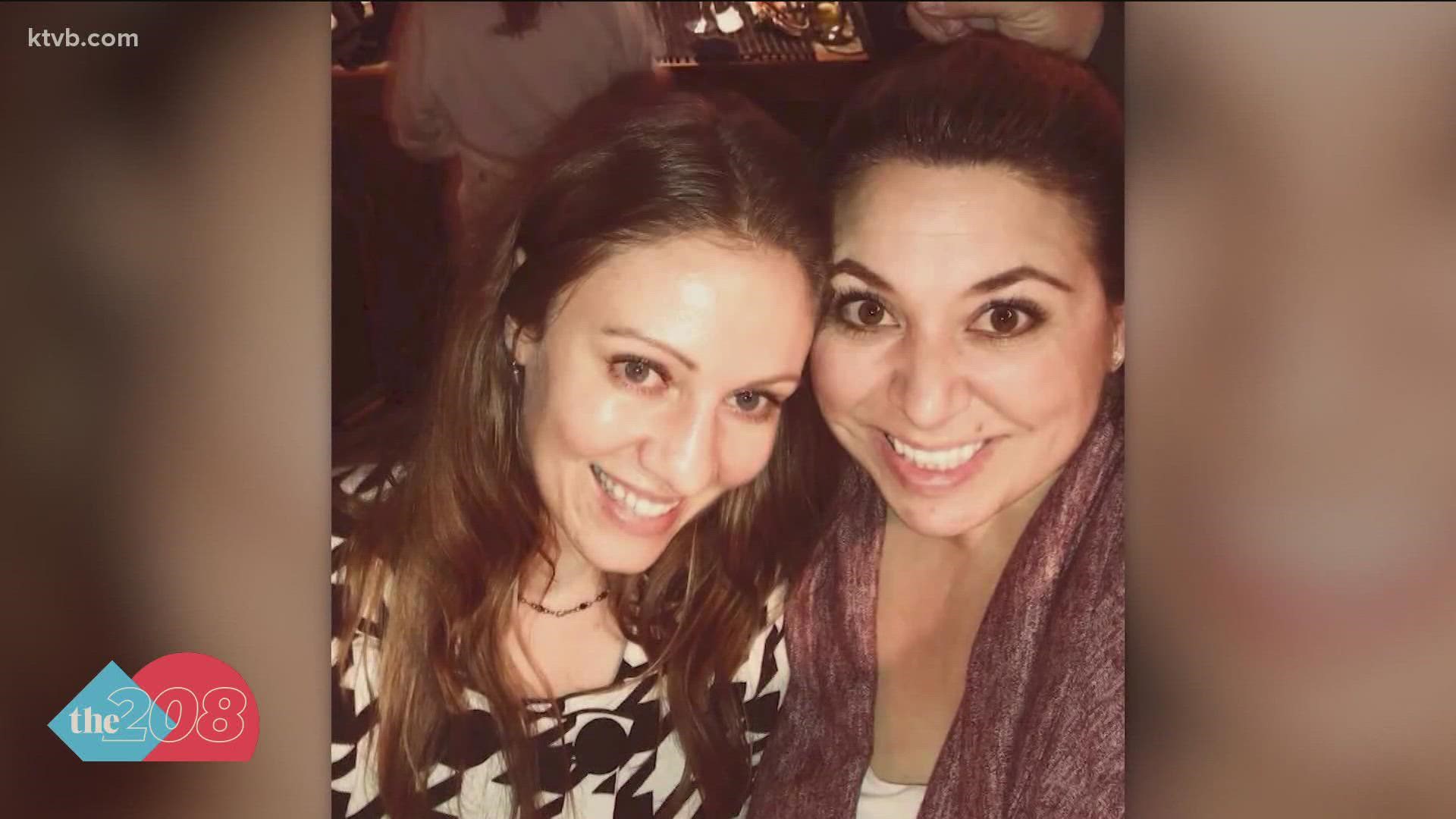BOISE, Idaho — After passing the Idaho House without a single no vote, House Bill 620 is still waiting for movement in the Senate. The bill, sponsored by Rep. Brooke Green (D-Boise), aims to prohibit law enforcement from releasing mugshots for non-violent misdemeanors.
“I have yet to hear an official confirmation if I will be getting a hearing or not,” Green said.
Green’s work on the legislation dates back several years. Green’s friend died by suicide after being arrested in 2019 for trespassing and disturbing the peace. Green said the mugshot became entertainment for the nightly news, taking advantage of a crisis.
“What this does is it really does codify in state statute that our most vulnerable individuals should have a level of protection afforded to them should they find themselves in a crisis,” Green said.
Rep. Green said her bill is in limbo, and she is unsure if it will get another hearing this year. She understands there are criticisms of her bill, but she wants to hear those and work through those in a public forum, dspecially considering it had unanimous support in the House.
“The bill should die on its merits," Green said. "It should go through the process, enable people to participate in the process. And whether or not it survives should be done in an open conversation in both chambers.”
Members of the Idaho Sheriffs' Association said they appreciate the investment in mental health, but have concerns about the legislation.
“Law enforcement, unequivocally, in my opinion, is dealing more with mental health issues on the streets as first responders, more than anyone else, out there. We're the ones who actually run into this on a literally hourly basis throughout the state of Idaho, hourly, day and night.” Canyon County Sheriff Kieran Donahue said.
Donahue and Bonneville County Sheriff Sam Hulse are statehouse leaders for the Idaho Sheriffs' Association. They both appreciate Green’s efforts but say the idea would be complicated to work with. The bill says the idea would: “protect the booking image of an individual who, within 24 hours of booking had been detained or hospitalized for a mental purpose. Provided that the crime was a misdemeanor not involving assault or battery."
“The largest problem that I see with that is we're not going to necessarily know that. And I think it opens the counties, the sheriffs, to liability, asking us to predict the future. We can't always do that. We may hold a person for a few hours. They could then bond out and they could end up on a mental ward and we would be completely unaware,” said Sheriff Hulse.
Sheriffs said that, for example, if someone is arrested on a misdemeanor, booked, and they bailed out, they have no way to know if someone voluntarily checks in to a mental health facility or even if they are committed.
“No one ever reports that to the sheriff's office. And then a mugshot's up on the sign to us under emergency communication authorization. They're not allowed to communicate that to us there. That would be a violation of the people's. The only way we get that is if it's based on emergency communication,” Hulse said.
Green said she wants an opportunity to have this conversation in a Senate committee, especially considering that technical issues prevented the sheriffs from testifying during the House committee hearing on the bill.
“That to me is incredibly valuable. We should have conversations in the open and the bill should die on their merits. While I recognize it's not dead yet, I recognize the session is not done yet, and I am somewhat being a little optimistic. This is incredibly personal, but after it was all said and done, I received several emails and phone calls and people stopping me saying how much they appreciate this,” Green said.
Sheriff Donahue says he appreciates that, but that realistically at this point in the legislative session that in-depth conversation may need to wait. He said he knows law enforcement wants to be there to support mental health in Idaho, something that is a major challenge across Idaho.
“We are standing ready to have a seat at that table to address the mental health epidemic in this state. From a law enforcement perspective, we've been at the table for years. We've been on these committees. We've been on these boards, and we'll continue to do so. Let's all join together and solve this this horrific problem. Because it is massive, and we can't do it alone. And really, neither can the legislature," Donahue said.
Green hopes she gets a shot late in the session to at least have a hearing in the Senate.
“I do not want to put any additional burden on our sheriffs. I have in a tremendous amount of respect for them. My husband is a sheriff's deputy. I recognize the value that they provide for our communities. I also recognize that sometimes we need to change our operational practices to accommodate some of our most vulnerable folks. This is really what that is about. But I don't think it's necessarily as much criticism as much as they recognize their operations. I respect that. But I also want to say, let's sit at the table and find a means in which to achieve the same goal,” Green said.
KTVB reached out to the Senate Judiciary and Rules Committee for insight on the bill and a possible hearing, there was not an immediate response.
Join 'The 208' conversation:
- Text us at (208) 321-5614
- E-mail us at the208@ktvb.com
- Join our The 208 Facebook group: https://www.facebook.com/groups/the208KTVB/
- Follow us on Twitter: @the208KTVB or tweet #the208 and #SoIdaho
- Follow us on Instagram: @the208KTVB
- Bookmark our landing page: /the-208
- Still reading this list? We're on YouTube, too:

